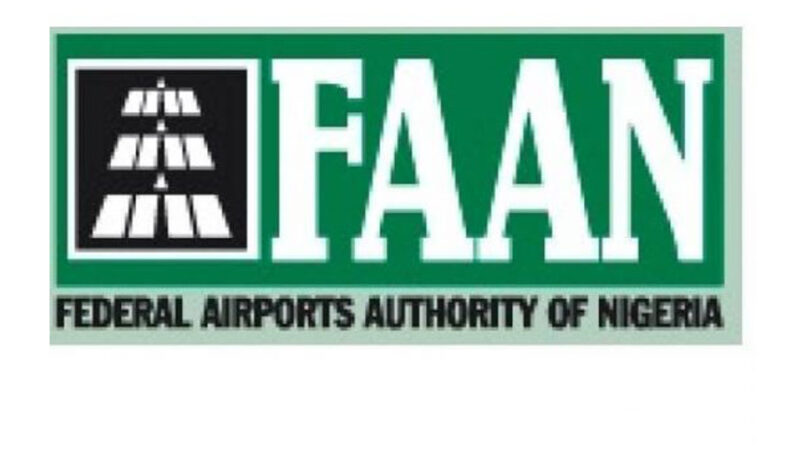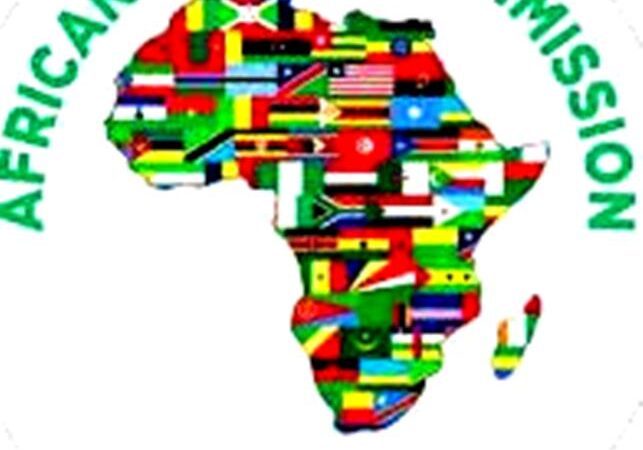Covid19 Is An Opportunity To Reset The Aviation Industry, Says NCAA DG

The Director General of Nigerian Civil Aviation Authority (NCAA), Capt. Musa Nuhu says the Covid-19 pandemic has provided an opportunity for aviation stakeholders to reset the industry as the outbreak of the pandemic has finally exposed the problems in the sector in Nigeria.
Speaking at the one-day workshop organized by NCAA in conjunction with the Aviation Strategies International (ASI) Institute and Egis with the theme: ‘Global Megatrends and Impact on Aviation Workshop,’ Nuhu said: “We can’t go back to the way the aviation industry was being run before the advent of Covid-19 pandemic. Covid-19 has given us the opportunity to reset the sector,”
Nuhu observed that the outbreak of Covid-19 pandemic had created the need to urgently accelerate growth in the industry globally and ensure the needed changes and that it had become paramount for players in the industry to develop strategies that would lead to development.
He noted that technology was an ongoing issue, which a lot of the airlines had keyed into but that for the agencies, such changes would be a bit difficult because of regulations.
He emphasized that unlike in some CAAs on the continent, NCAA does not receive subvention from the Federal Government, stating that 80 per cent of its revenues are from the Ticket Sales Charge (TSC).
Participants decried the infrastructure gaps in most of the African aviation countries, but posited that the embrace of technology by the continent’s governments would help to address the challenges. They, however resolved that for the challenges to be properly addressed, Civil Aviation Authorities (CAAs) in Africa needed to drive the change through technology.
Pierre Coutu, President of ASI Institute in his paper: ‘‘Global Megatrends in Aviation,’ said that the aviation industry faces one of the stringent periods in the world, courtesy of the outbreak of Covid-19 pandemic.
Coutu stated that players in the sector needed to bring out the businesses in the industry to be ready for the future and called on the stakeholders to develop some areas to ensure compliance with global practices. He mentioned climate change, global economic power shift, demographic changes, new technology and global connectedness as some of the current global megatrends that may define the future of the industry.
He added: “There are more networks and communications, which seek to connect the world than in the past. This leads to things happening so fast in the world. According to IBM 2016 Study, 90 per cent of data in the world had been created in the previous two years alone.
“Scientists say frequencies of pandemic might increase in the future. Covid-19 pandemic was not the first pandemic ever. Aviation organizations need to plan to reduce such impacts in the sector in the future.”
For the sector to succeed another pandemic, Coutu canvassed for scenario planning, adoption of future-wise strategic management, competency-based human capital, data analysis, risk analysis, partnership-based organization and agile organization culture, stressing that in this era, no organization could stand alone without the supports of the others.
Jean-Marc Trottier, in his paper, ‘Planning for a Turbulent Future,’ said that climate change would affect the African aviation industry. Trottier, explained that the outbreak of Covid-19 pandemic would make investors and lenders to view aviation investments through a different lens.






